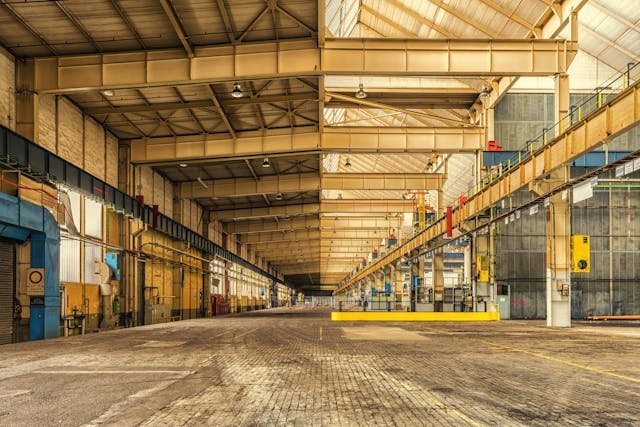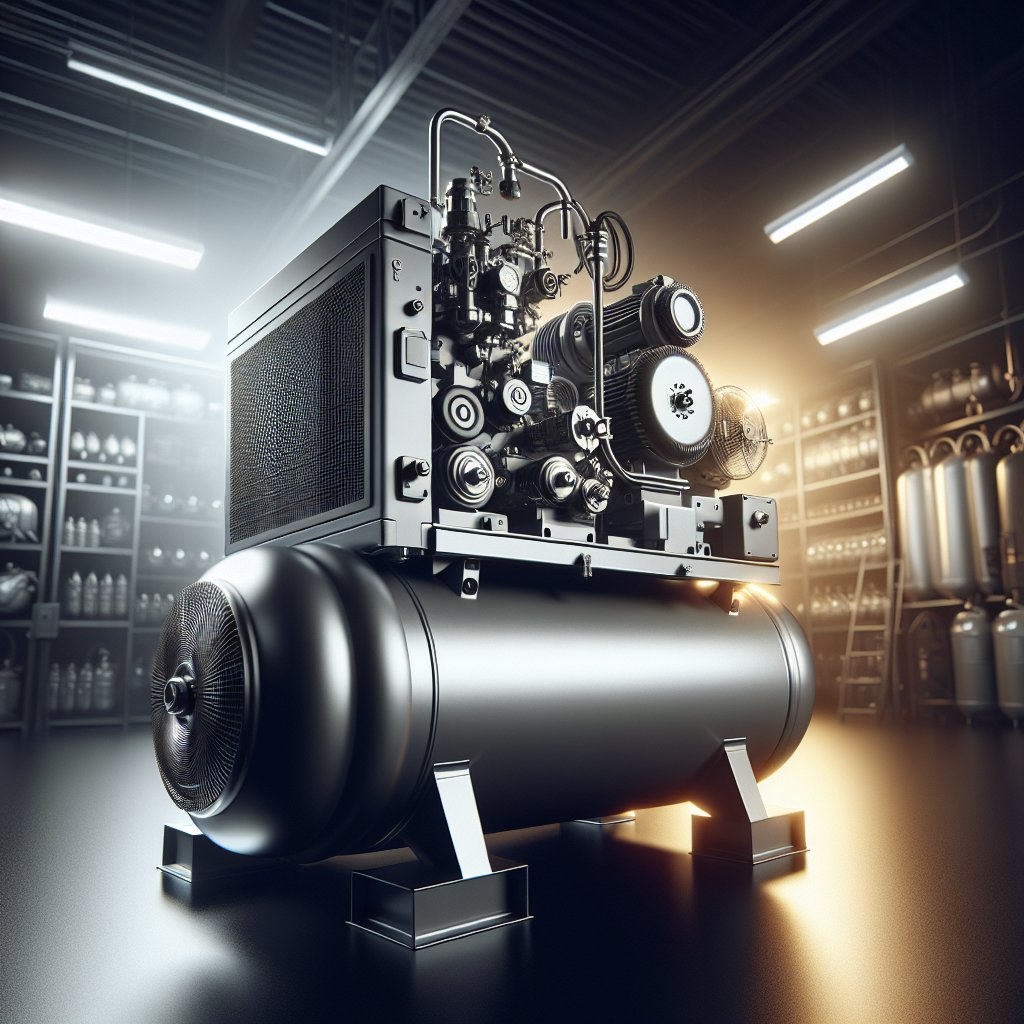
Quantum computing, a revolutionary technology, is poised to transform the landscape of industrial equipment design. As industries strive for greater efficiency and innovation, the potential of quantum computing to solve complex problems at unprecedented speeds offers a promising avenue for advancement. This article delves into the ways quantum computing can be harnessed to enhance industrial equipment design, exploring both the theoretical underpinnings and practical applications of this cutting-edge technology.
Understanding Quantum Computing
To appreciate the impact of quantum computing on industrial equipment design, it is essential to first understand the fundamentals of this technology. Unlike classical computers, which use bits as the smallest unit of data, quantum computers use quantum bits, or qubits. Qubits have the unique ability to exist in multiple states simultaneously, thanks to the principles of superposition and entanglement. This allows quantum computers to process vast amounts of data and perform complex calculations at speeds unattainable by classical computers.
The power of quantum computing lies in its ability to solve problems that are currently intractable for classical computers. For instance, quantum algorithms can efficiently tackle optimization problems, which are prevalent in industrial design. These algorithms can explore a multitude of design configurations simultaneously, identifying optimal solutions that would take classical computers an impractical amount of time to compute.
Superposition and Entanglement
Superposition and entanglement are the cornerstones of quantum computing. Superposition allows qubits to represent both 0 and 1 at the same time, exponentially increasing the computational power as more qubits are added. Entanglement, on the other hand, is a phenomenon where qubits become interconnected, such that the state of one qubit can depend on the state of another, regardless of the distance between them. This interconnectedness enables quantum computers to perform complex calculations with a high degree of parallelism.
These principles enable quantum computers to explore multiple solutions simultaneously, making them particularly well-suited for optimization tasks. In industrial equipment design, this means that quantum computers can evaluate numerous design variables and constraints in parallel, leading to more efficient and innovative solutions.
Applications in Industrial Equipment Design
The application of quantum computing in industrial equipment design is still in its nascent stages, but the potential benefits are immense. By leveraging the power of quantum computing, industries can achieve significant advancements in areas such as material discovery, process optimization, and predictive maintenance.
Material Discovery
One of the most promising applications of quantum computing in industrial design is in the discovery of new materials. Quantum computers can simulate molecular interactions at a quantum level, providing insights into the properties and behaviors of materials that are difficult to achieve with classical simulations. This capability can lead to the development of materials with enhanced properties, such as increased strength, reduced weight, or improved thermal conductivity, which are crucial for designing more efficient and durable industrial equipment.
For example, in the aerospace industry, the discovery of lightweight yet strong materials can lead to the design of more fuel-efficient aircraft. Similarly, in the automotive industry, new materials can contribute to the development of vehicles with better performance and lower emissions.
Process Optimization
Quantum computing can also revolutionize process optimization in industrial equipment design. By analyzing vast datasets and complex systems, quantum algorithms can identify optimal process parameters that maximize efficiency and minimize waste. This is particularly valuable in manufacturing, where even small improvements in process efficiency can lead to significant cost savings and environmental benefits.
For instance, in the chemical industry, quantum computing can optimize reaction conditions to increase yield and reduce energy consumption. In the manufacturing sector, it can streamline production processes, reducing downtime and improving product quality.
Predictive Maintenance
Predictive maintenance is another area where quantum computing can have a profound impact. By analyzing data from sensors and equipment, quantum algorithms can predict equipment failures before they occur, allowing for timely maintenance and reducing downtime. This not only enhances the reliability and lifespan of industrial equipment but also reduces maintenance costs and improves safety.
In industries such as energy and transportation, where equipment reliability is critical, the ability to predict and prevent failures can lead to significant operational improvements and cost savings.
Challenges and Future Prospects
Despite its potential, the integration of quantum computing into industrial equipment design faces several challenges. The technology is still in its early stages, and significant advancements are needed to make quantum computers more accessible and practical for industrial applications. Issues such as qubit stability, error rates, and the development of quantum algorithms tailored to specific industrial problems need to be addressed.
However, ongoing research and development in the field of quantum computing are promising. As the technology matures, it is expected to become a valuable tool for industries seeking to innovate and improve their design processes. Collaborations between quantum computing companies and industrial sectors are already underway, paving the way for future breakthroughs.
In conclusion, quantum computing holds the potential to revolutionize industrial equipment design by enabling more efficient and innovative solutions. While challenges remain, the continued advancement of this technology promises to unlock new possibilities for industries worldwide, driving progress and competitiveness in an increasingly complex and demanding market.

